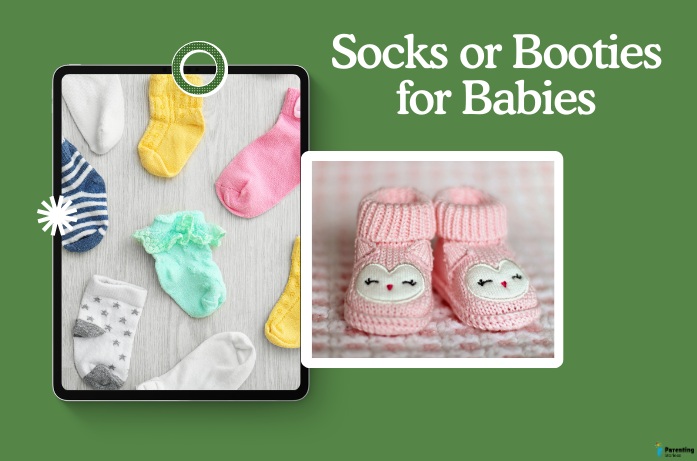Sleep is one of the biggest concerns for new parents—and understandably so. Your baby’s sleep needs change dramatically during their first year, and understanding those changes can help you create a calm, predictable routine.
Baby Sleep Patterns by Age
Here’s a general guide to how much sleep babies need at different stages, including both nighttime sleep and naps.
| Age Group | Total Sleep (24 hrs) | Night Sleep | Number of Naps |
|---|---|---|---|
| 0–3 months | 14–17 hours | 8–9 hours | 3–5 naps |
| 4–6 months | 12–16 hours | 9–10 hours | 2–3 naps |
| 7–12 months | 12–14 hours | 10–12 hours | 1–2 naps |
Note: Total sleep includes both nighttime sleep and daytime naps.
Understanding Wake Windows
Wake windows refer to the amount of time your baby can stay awake before needing sleep again. Respecting these can help reduce overtiredness and improve sleep quality.
| Age | Typical Wake Window |
|---|---|
| 0–6 weeks | 45–60 minutes |
| 2–3 months | 60–90 minutes |
| 4–5 months | 1.5–2 hours |
| 6–8 months | 2–3 hours |
| 9–12 months | 3–4 hours |
Common Sleep Regressions
Babies often experience sleep regressions—temporary setbacks in sleep patterns—usually tied to growth or developmental milestones.
- 4-month regression: Baby’s sleep cycles mature, leading to more frequent night wakings.
- 8–10-month regression: Linked to crawling, standing, and separation anxiety.
- 12-month regression: Walking and speech development can disrupt routines.
How to manage: Stick to your routine, offer comfort without forming sleep associations (like rocking to sleep), and remain consistent.
Safe Sleep Guidelines
Promoting safe sleep is just as important as ensuring adequate sleep. Follow these guidelines to reduce the risk of Sudden Infant Death Syndrome (SIDS):
- Always place your baby on their back to sleep.
- Use a firm mattress with a fitted sheet—no pillows, blankets, or stuffed animals.
- Keep the baby’s sleep space in the same room as caregivers for the first 6–12 months.
- Consider using a pacifier at sleep time once breastfeeding is established.
Tips for Encouraging Healthy Sleep Habits
- Follow a consistent bedtime routine (bath, feeding, story).
- Keep the sleep environment cool, dark, and quiet.
- Watch for sleep cues like yawning, rubbing eyes, or fussiness.
- Allow your baby a moment to self-soothe before intervening.
When to Consult a Pediatrician
If your baby:
- Cries excessively during sleep or seems in pain
- Wakes frequently and struggles to fall back asleep
- Has breathing irregularities or snores
Seek advice from a pediatrician to rule out sleep disorders or medical issues.
Additional Resources
- Children’s Hospital of Philadelphia
- Cleveland Clinic
- Stanford Children’s Health
- Pregnancy, Birth and Baby (Australia)
- Taking Cara Babies – Sleep Tips
- Huckleberry Baby Sleep App & Resources



